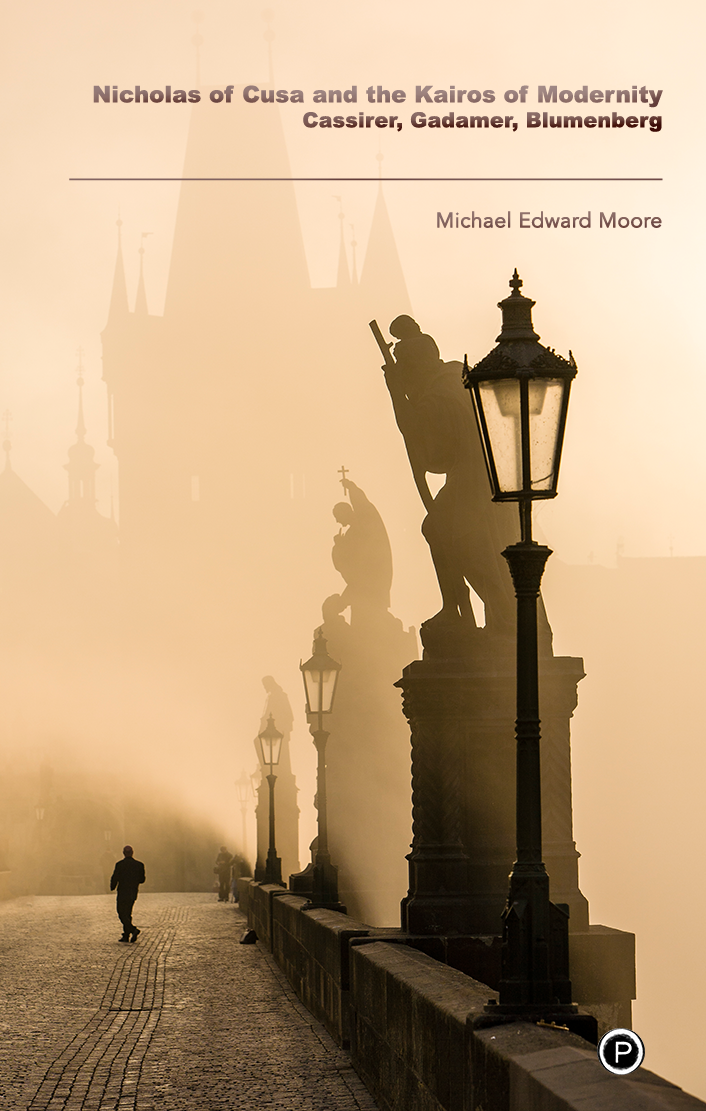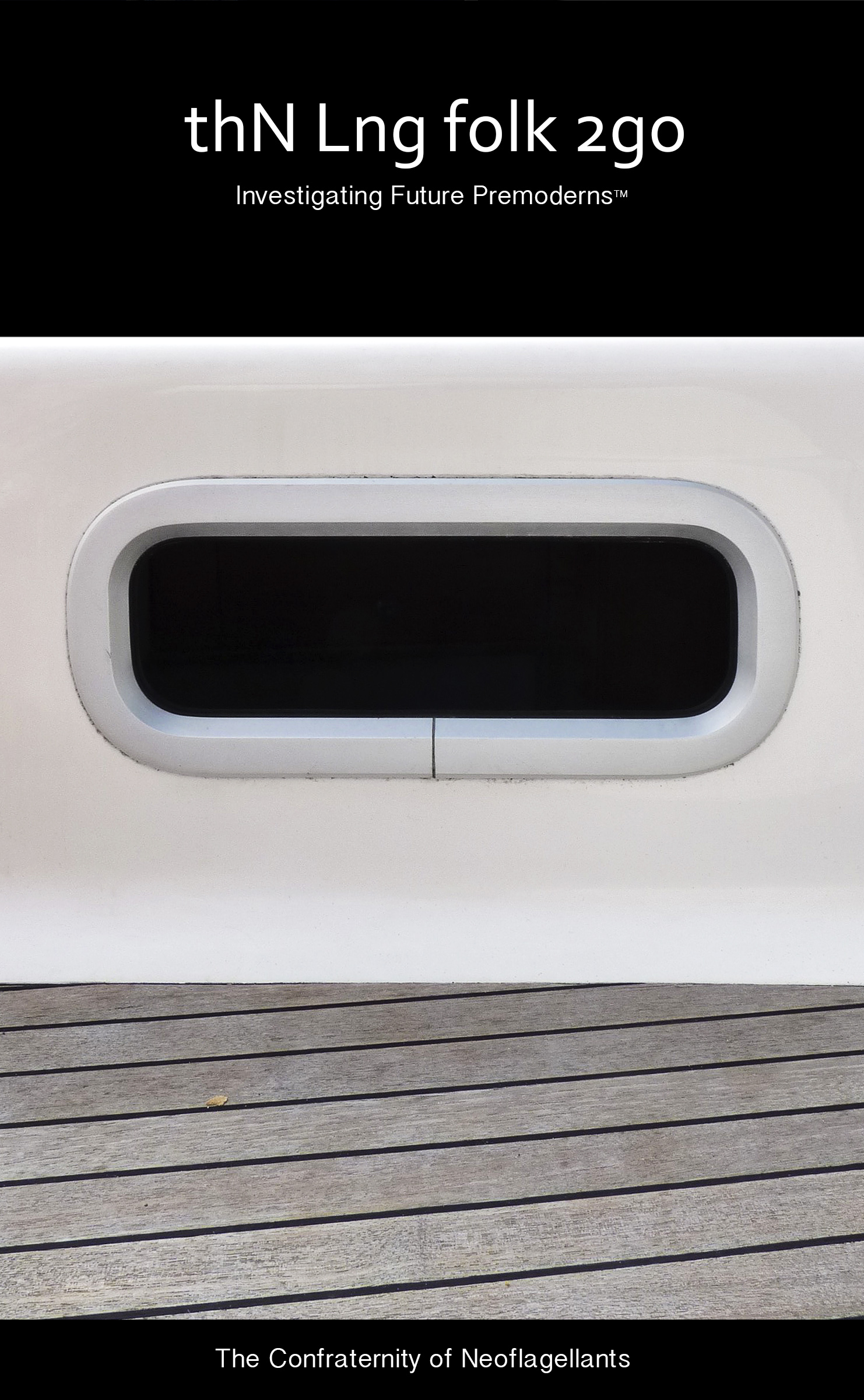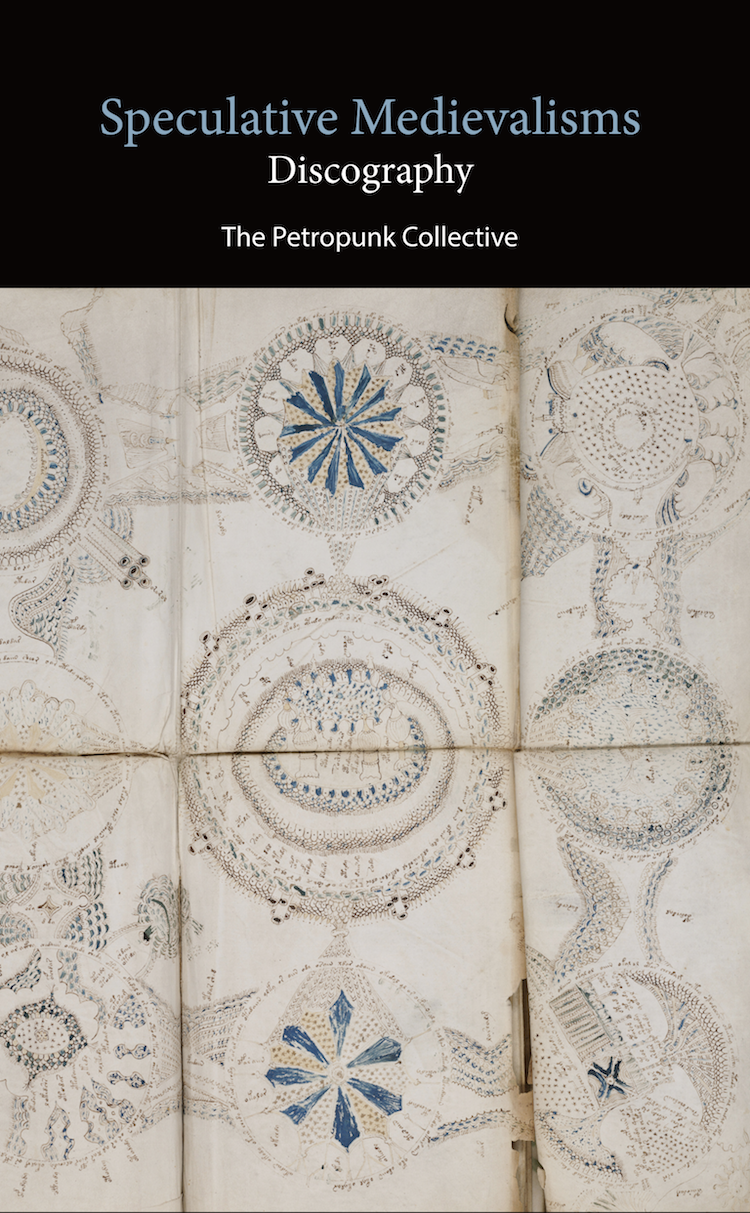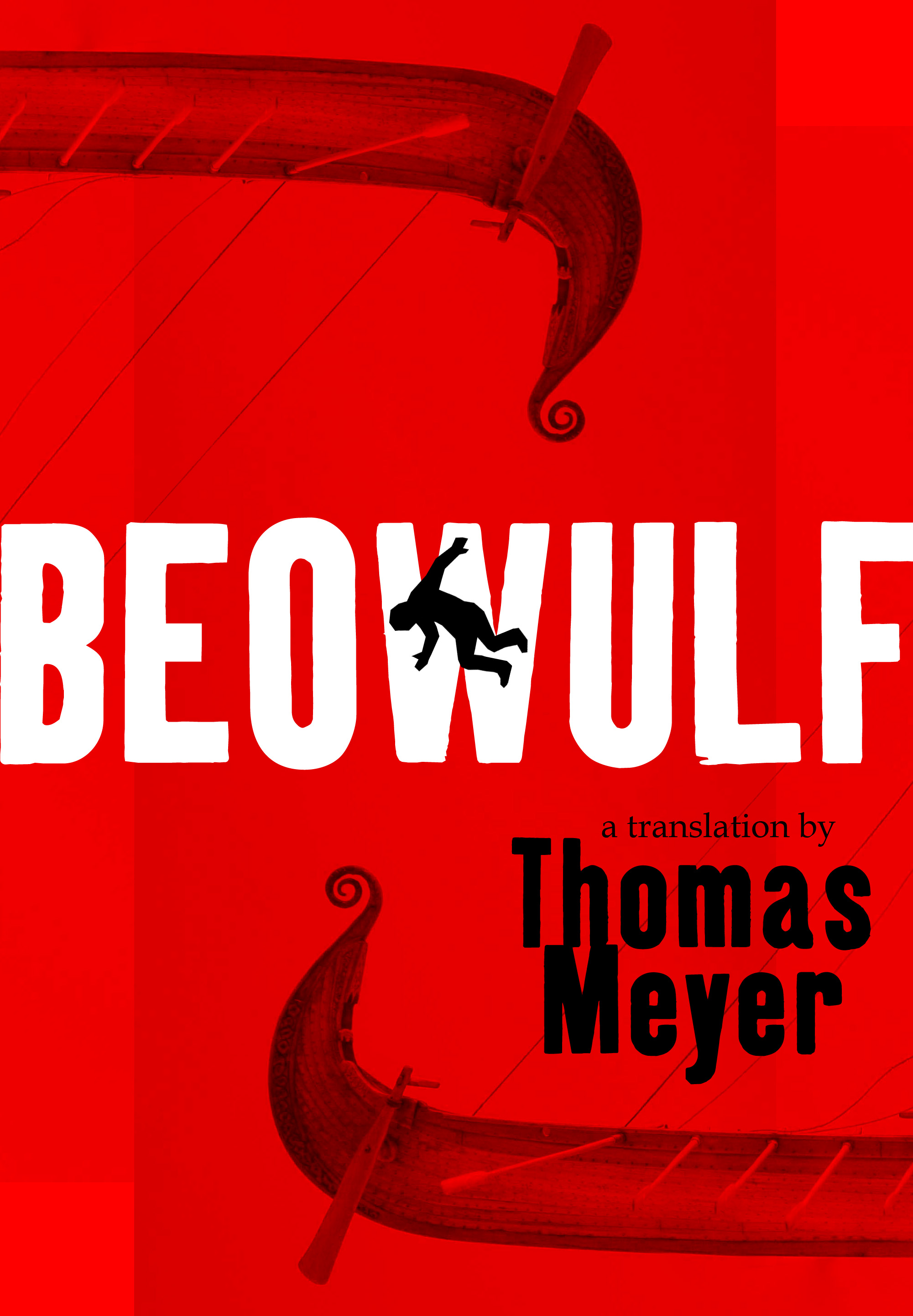Nicholas of Cusa and the Kairos of Modernity: Cassirer, Gadamer, Blumenberg
Imprint: Dead Letter Office
Published: 09/05/2013
In this far-reaching essay, historian Michael Edward Moore examines modernity as an historical epoch following the end of the medieval period — and as a “messianic concept of time.” In the early twentieth century, a debate over the meaning and origins of modernity unfolded among the philosophers Ernst Cassirer, Hans-Georg Gadamer and Hans Blumenberg. These[…]







